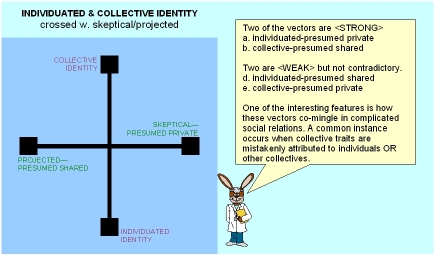x
WND FREEDOM INDEX POLL
1 in 4 Americans censoring thoughts under Obama
Confidence in constitutional liberties plunges further still
Posted: March 27, 2010
11:50 pm Eastern
By Bob Unruh
© 2010 WorldNetDaily
Editor’s note: This is another in a series of monthly “Freedom Index” polls conducted exclusively for WND by the public opinion research and media consulting company Wenzel Strategies.
Nearly one American in four routinely censors his or her own thoughts “much” or “always” under President Obama’s administration, and those who believe their personal liberties have plunged since inauguration day have grown significantly from 49 percent to more than 55 percent in just one month.
This month, of course, was when Democrats rammed through a bill that essentially nationalizes health care, creating new requirements for consumers to purchase a government-chosen plan or face penalties.
The WND Freedom Index poll from Wenzel Strategies shows even one in 10 Democrats – whose party controls both the White House and Congress – believes there’s been a big decrease in freedoms.
“Largely on the negative reaction by men to the actions of Obama and Democrats in Washington, the Freedom Index has dipped again to its near all-time low, sitting at 46.7 on a 100-point scale,” said Fritz Wenzel in his analysis of the results.
“Simply put, Americans are growing by the month more pessimistic about their freedoms and their fear that government is trying to take them away.”
He continued, “In the 10 months since the inauguration of the WorldNetDaily.com Freedom Index, it has dropped nearly 11 points on the 100-point scale, and has dropped from a decidedly positive position last spring to a decidedly negative position today.”
The WND/Wenzel Poll was conducted by telephone from March 22-24 using an automated telephone technology calling a random sampling of listed telephone numbers nationwide. The survey included 30 questions and carries a 95 percent confidence interval. It included 792 likely voters. It carries a margin of error of 3.46 percentage points.
Man, talk about priming a poll result!
This raises lots of questions aside from those about polling methodology.
Do you suppose some people would report feeling really free and thoroughly liberated irrespective of anything the U.S. government has done, say in the last 37 years since such a person first voted at 18?
How would one account for this, account for a person impervious to the tug of that which denies one their freedoms?
How would the internalized sense of one’s being free to some degree be indexed? I’m reminded there was no cogent psychology Locke could utilize. (Romantic!) notions about property and happiness, be they of Hayek or Nozick, cross over into what reasonable domain of psychology? You couldn’t go there with those fellows if you wanted to!
For example, Libertarian thought leader David Boaz:
Libertarians believe that there is a natural harmony of interests among peaceful, productive people in a just society. One person’s individual plans — which may involve getting a job, starting a business, buying a house, and so on — may conflict with the plans of others, so the market makes many of us change our plans. But we all prosper from the operation of the free market, and there are no necessary conflicts between farmers and merchants, manufacturers and importers. Only when government begins to hand out rewards on the basis of political pressure do we find ourselves involved in group conflict, pushed to organize and contend with other groups for a piece of political power. (Libertarianism: A Primer)
The leap from ‘no necessary’ to ‘only when’ hammers home the naivete. The absence of socio-psychological understanding is, obviously, implicit.











